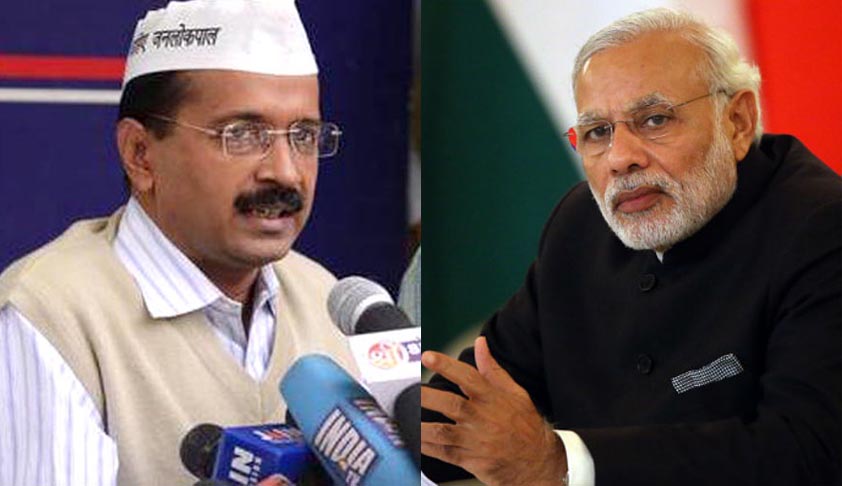SC to adjudicate on Kejriwal vs Centre power tussle; issues summons to MHA
LIVELAW NEWS NETWORK
15 May 2016 4:49 PM IST

Next Story
15 May 2016 4:49 PM IST
The Supreme Court has in a very significant decision admitted a petition filed by Delhi’s Kejriwal government--- under Article 131 of the Constitution - seeking a judicial declaration on the boundaries of the constitutional relationship between the Delhi government and the Centre, in administering the national Capital especially to clearly earmark each of their powers.The Registry of the...
